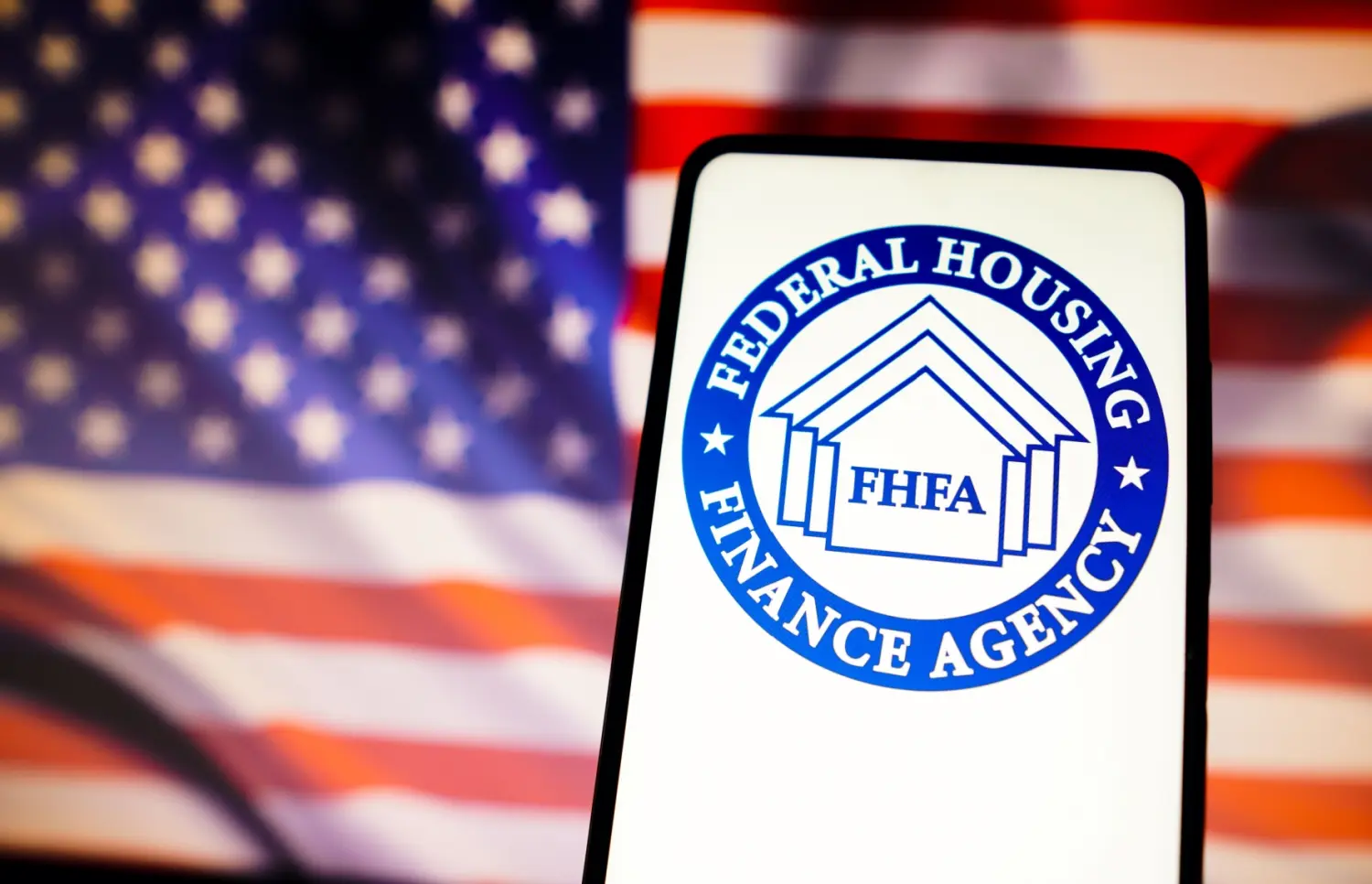FHFA Directs Fannie Mae and Freddie Mac to Include Crypto in Mortgage Loans

The Federal Housing Finance Agency (FHFA) has issued a new directive ordering Fannie Mae and Freddie Mac to develop plans for incorporating Bitcoin and cryptocurrency assets into mortgage underwriting processes. This move, announced by FHFA Director William Pulte on June 25, 2025, aligns with President Trump’s vision to establish the United States as a global cryptocurrency hub. The policy marks a significant shift from Trump’s past stances on Bitcoin, and reflects the growing acceptance of digital assets in mainstream finance today. The directive reverses earlier guidelines from May 2022, which required crypto holdings to be converted to U.S. dollars before being considered for mortgage eligibility.
Pulte’s announcement follows his statement earlier in the week, where he signaled the FHFA’s intent to explore crypto’s role in mortgage qualifications. The directive mandates that only cryptocurrencies held on U.S.-regulated centralized exchanges such as Gemini, operating within legal frameworks, can be considered. To address the volatility of digital assets, Fannie Mae and Freddie Mac must incorporate risk mitigation measures, such as adjustments for market fluctuations and appropriate reserve modifications. This policy could expand homeownership opportunities for crypto holders, who, according to a 2023-2024 National Association of Realtors survey, represent about 1% of homebuyers.
After significant studying, and in keeping with President Trump’s vision to make the United States the crypto capital of the world, today I ordered the Great Fannie Mae and Freddie Mac to prepare their businesses to count cryptocurrency as an asset for a mortgage.
— Pulte (@pulte) June 25, 2025
SO ORDERED pic.twitter.com/Tg9ReJQXC3
Risks and Historical Context
While the directive signals a progressive step toward integrating Bitcoin and crypto into traditional finance, it raises concerns about potential risks, given the absence of peer-reviewed studies on crypto volatility’s impact on mortgage stability. The 2008 financial crisis, which saw Fannie Mae and Freddie Mac require government bailouts due to risky mortgage practices, serves as a cautionary backdrop.
Critics worry that allowing crypto assets in mortgage assessments without robust data could echo the subprime loan risks that precipitated the crisis. The FHFA’s requirement for risk-based adjustments aims to address these concerns, but the lack of precedent leaves questions about the policy’s long-term stability. Additionally it appears the initial rollout doesn’t include any self-custodial wallet options, which some critics view as a misstep. These critics argue that limiting the policy to exchange held only assets undermines user autonomy and could alienate investors who prioritize control over their digital wealth.
For crypto holders overall, this policy could streamline the homebuying process by eliminating the need to liquidate digital assets, potentially preserving their investment value. The FHFA’s directive reflects a broader trend of cryptocurrency gaining legitimacy, as evidenced by its increasing use in real estate transactions. However, the success of this policy will hinge on the ability of Fannie Mae and Freddie Mac to balance innovation with financial prudence. As the agencies draft their proposals, the housing market and crypto community alike will watch closely to see how this bold move reshapes the path to homeownership.
The FHFA’s directive positions the U.S. housing market at the forefront of financial innovation, aligning with national ambitions to lead the global crypto economy. By recognizing crypto as a legitimate asset, the policy could attract a new demographic of tech-savvy homebuyers, particularly younger investors who have embraced digital currencies.

